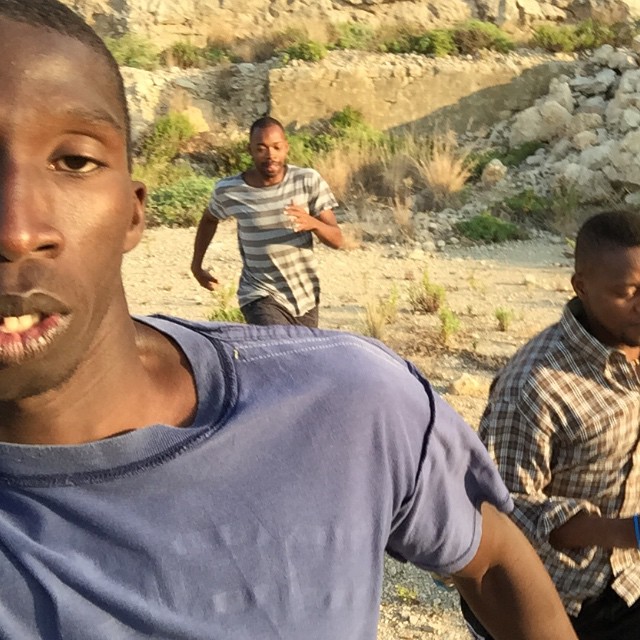
An Instagram account that purported to show the tribulations of a Senegalese migrant embarking on an illegal journey to Spain turned out to be a campaign set-up to promote a photography festival.
Launched a week ago, the account claimed to show how “Abdou Diouf” left his native Dakar in Senegal to find a better life in Europe. The pictures – all self-portraits – showed Diouf at various stages of his “trip”. In one image, he’s seen embarking on a small floating device, while another showed him reach Spanish shores.
The account went viral this weekend after the Huffington Post wrote about Diouf’s journey. However, as international attention turned to Diouf’s mysterious postings and his use of popular, yet unrelated hashtags, the account was revealed as fake. “It’s a campaign for an international festival of photography in Getxo in Spain” Oriol Caba of Volga, a Spanish production company, tells TIME.
The Getxophoto festival hired Volga and the Barcelona studio Manson to produce a series of videos and images that would promote the event as well as raise questions about the use of photography in today’s society.
“In developed countries, there’s a use of the self-image that is not common to other parts of the globe,” says Caba. “[We wanted] to show how the banality of the treatment of the self-image could be used to produce an image of the self but in a very different context, like the dangerous and traumatic trips people embark on to get a better life. We thought it was strong and powerful enough to make a statement and to raise questions.”
The fake account was also a way for the festival’s organizers to show how the “narration of reality is always in the hands of people with power, not in the hands of people living that reality,” says Caba.
But all involved say they never expected the account to garner such international attention. “We were shocked to see it published on the Huffington Post and to see other media organizations follow it up,” Caba tells TIME. “We never thought about this question on the power of the [fourth estate]. I think that the necessity of selling, having hits and being the first to publish is lowering the standards of news.”
The end result, the festival said in a statement, offers “a reflection on the way we process and share images of displacement and migration in established media and on social networks.”
Now, the festival is ready for the potential backlash. “It won’t be surprising to us if we’re accused of trivializing this issue,” says Caba. “But we can see it every day already in the passivity of the people and governments who [are confronted] to the issue of immigration in every European city.
“We are very respectful of these people going through such unbelievable struggles,” he adds.
Marisa Schwartz, who edited this photo essay, is an Associate Photo Editor at TIME.com. Follow her on Instagram and twitter.
Olivier Laurent is the editor of TIME LightBox. Follow him on Twitter and Instagram @olivierclaurent
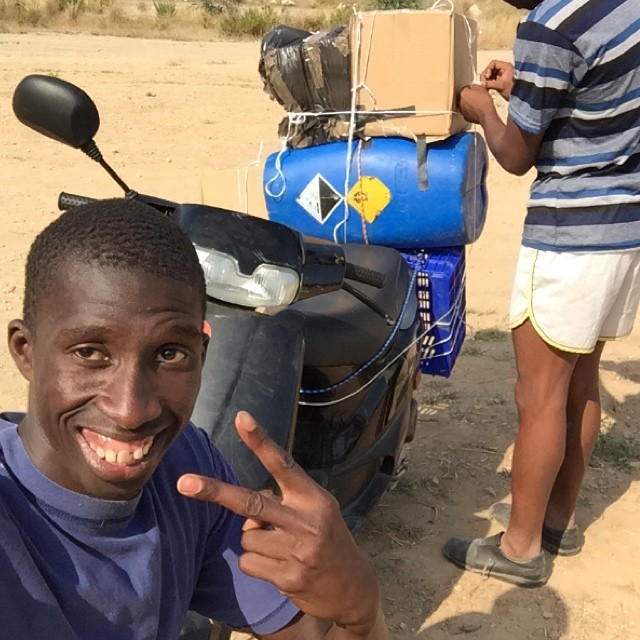
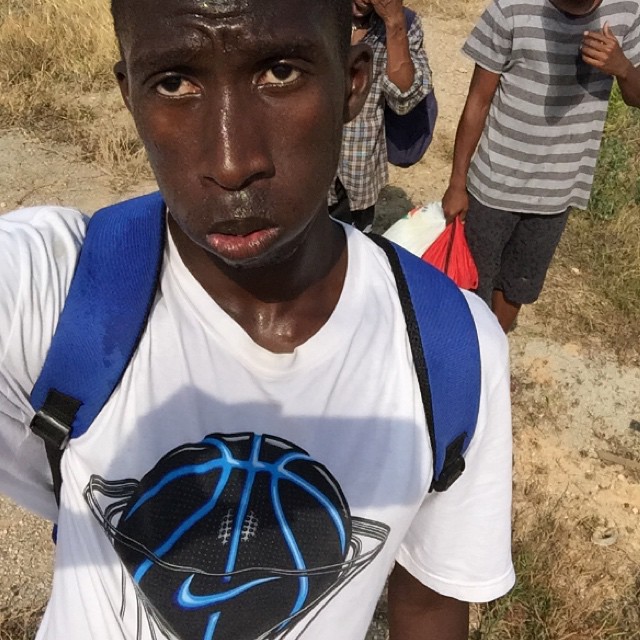

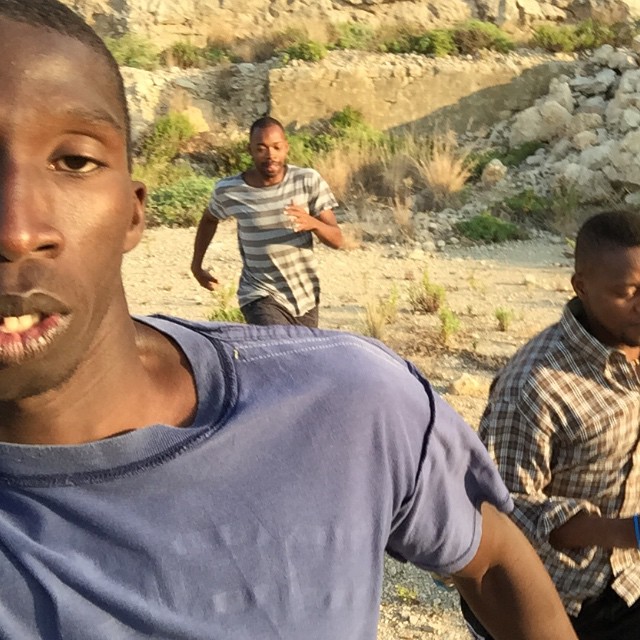
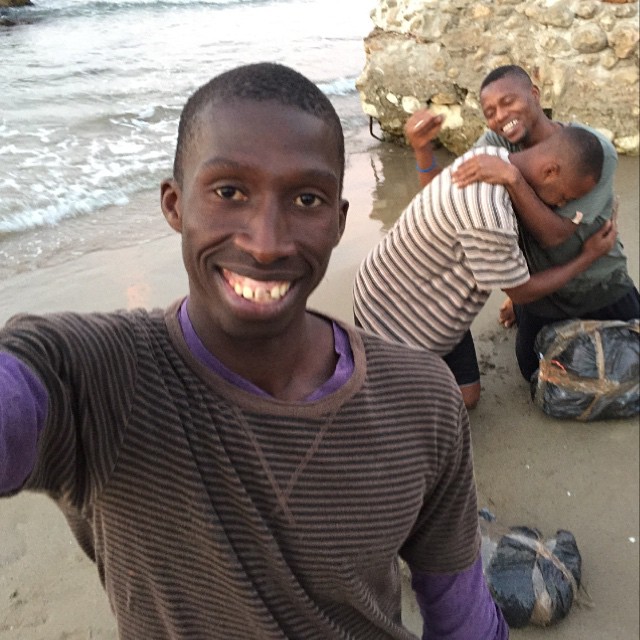
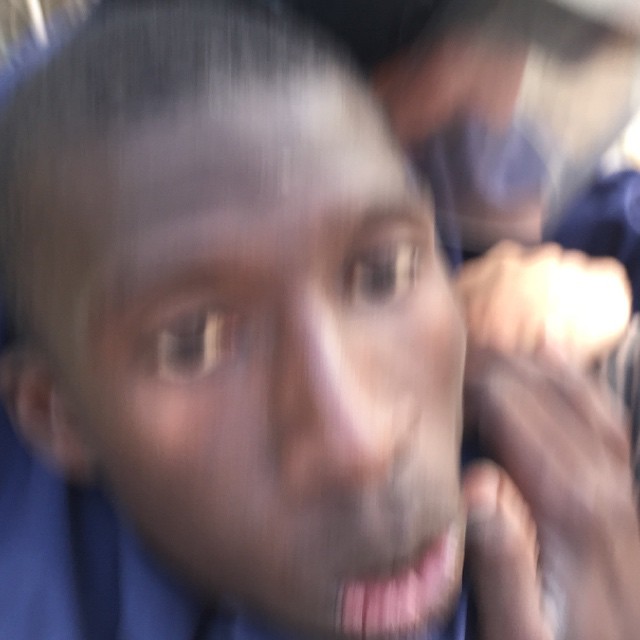
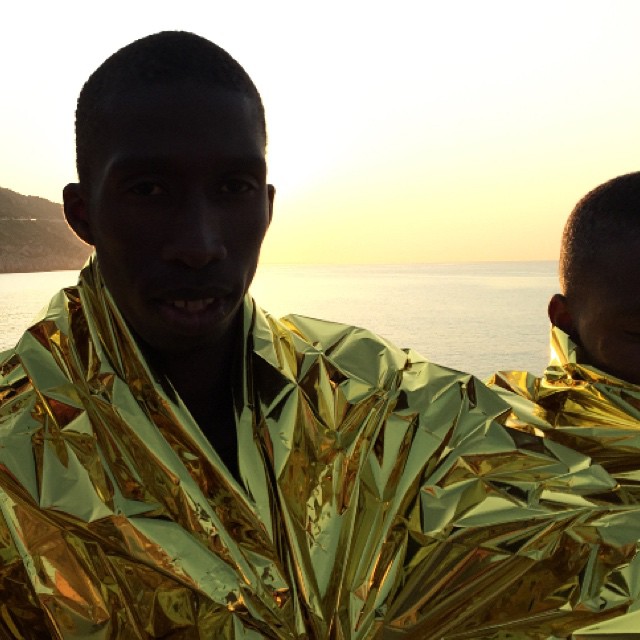
More Must-Reads from TIME
- Donald Trump Is TIME's 2024 Person of the Year
- Why We Chose Trump as Person of the Year
- Is Intermittent Fasting Good or Bad for You?
- The 100 Must-Read Books of 2024
- The 20 Best Christmas TV Episodes
- Column: If Optimism Feels Ridiculous Now, Try Hope
- The Future of Climate Action Is Trade Policy
- Merle Bombardieri Is Helping People Make the Baby Decision
Contact us at letters@time.com